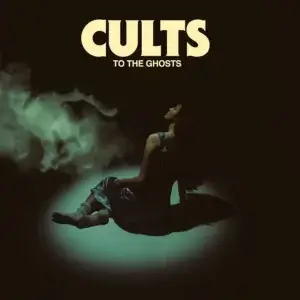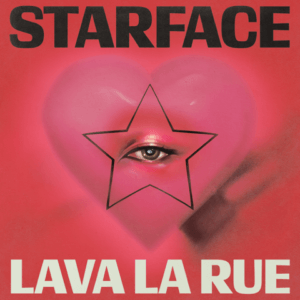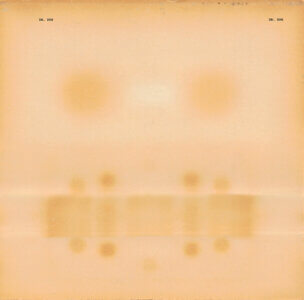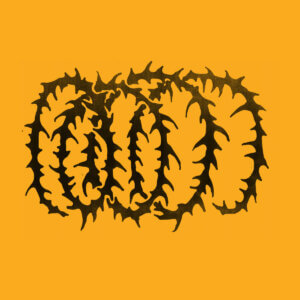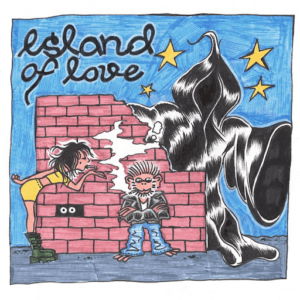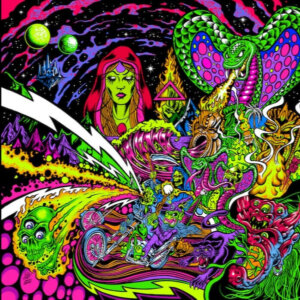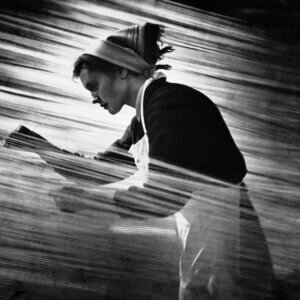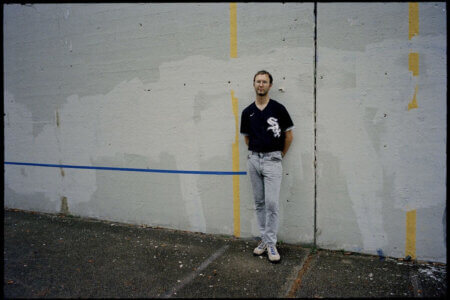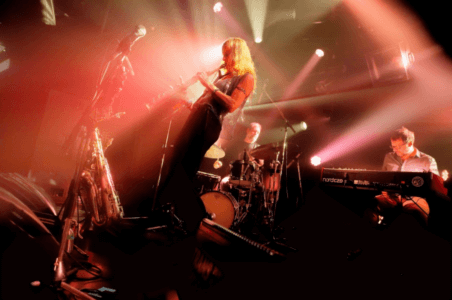
6.5
Boarding House Reach
Jack White
Jack White has always been unapologetic about stretching the limits of his self-imposed creative restrictions. The garage-rock bluesman has flirted with soul, R&B, and hip hop before, but along with electronic music, they have become his primary focuses on his third solo album Boarding House Reach.
White largely culled his new backing band from major R&B and hip hop acts. Boarding House Reach features drummer Louis Cato (Beyoncé, Q-Tip, John Legend), keyboardist Neal Evans (Talib Kweli), and bassist NeonPhoenix (Kanye West, Lil Wayne, Jay-Z). Other players include vocalists Ann & Regina McCrary of gospel trio the McCrary Sisters, bassist Charlotte Kemp Muhl (The Ghost of a Saber Tooth Tiger), synthesizer player DJ Harrison, and percussionist Bobby Allende (David Byrne).
White has called Boarding House Reach “bizarre.” But it’s messier than it is bizarre. First single “Connected by Love” is a generous offering of familiarity, but even the song’s synth-heavy electric gospel is new for him. The rest of the album obliterates nearly every sound and aesthetic associated with Jack White.
Linear thoughts barely exist on Boarding House Reach. It’s rife with digitized screams, drum samples, rapped lyrics, and spoken passages clipped, snipped and thrown together in dizzying jumbles of partial melodies and segmented riffs. Congas are strewn throughout songs like “Respect Commander”, a frantic collage that recalls early hip hop with sampling and breakbeats. Within the same song, his voice might echo, stereo-pan, be fried by static, or be altered in pitch. The electronic effects on “Get in the Mind Shaft” channel the Flaming Lips’ Yoshimi Battles the Pink Robots. He full-on raps on “Ice Station Zebra” but sounds less like a young Beck and more like Randy Newman on “Masterman and Baby J.”. With a line like “I live in a vacuum. I ain’t copyin’ no one”, White even seems to share Newman’s sarcastic humour.
White’s solo albums always contain counterweight to his adventurous excursions. For “Freedom at 21”, there was “Love Interruption”. For “High Ball Stepper”, there was “Just One Drink”. But out of 13 tracks on Boarding House Reach, only “Connected by Love”, “Over and Over and Over”, and “Humoresque”, whose sparse taps on a cymbal, hush acoustic guitar, and drowsy piano line offer a gentle close to the album, incline towards conventional songcraft.
As much as White has shed his shibboleths, he has also continued embracing his past. As one of few white kids in his neighbourhood in Detroit, he spent much of his childhood listening to LL Cool J and Run-DMC. He stuck to his principle of making his working conditions difficult for
himself: He used the same type of equipment as when he was 15 years old (a quarter-inch four- track recorder and a basic mixer), and he did not meet his new bandmates until he jammed with them for the first time. He also finally caught what he has called his white whale by completing “Over and Over and Over”, a song he had struggled to record with the White Stripes and then again in 2009 with JAY-Z.
The problem with Boarding House Reach isn’t the increasingly common, Jack White purist complaint that he has strayed from cemented ideals of him. The problem is that despite his belief that Boarding House Reach is an “incredibly modern” album, he doesn’t reach new territory beyond his own body of work. He sounds like he’s trying to catch up with the rest of the musical world. The rut he was in is evident on “What’s Done is Done”, a song that sounds like a dressed down reprise of “Connected by Love”: “This just ain’t no fun. My life has become a bore.” And earlier, on “Everything You’ve Ever Learned”, he hits an existential wall: “Do you want everything!? Then you can have everything! But what is everything worth?” His internal monologue continues: “Do you want to question everything?… Do you want to learn? Then shut up! Shut up! Shut up and learn! Shut up and learn!”
Boarding House Reach marks the first time White hasn’t appeared on the cover of one of his full-length albums. Instead, an androgynous illustration takes his usual place. He claims that depending on which part of its face you cover up – its mouth or eyes – the figure changes from male to female. Like White on Boarding House Reach, the figure shifts identities; it’s familiar in some ways but unrecognizable in others. He has let go of many of his own notions of “Jack White,” and like it or not, it’s time fans and critics stop being so precious and do the same.
Review by Leslie Chu
Latest Reviews
Tracks
Related Albums
Related News
Advertisement
Looking for something new to listen to?
Sign up to our all-new newsletter for top-notch reviews, news, videos and playlists.


